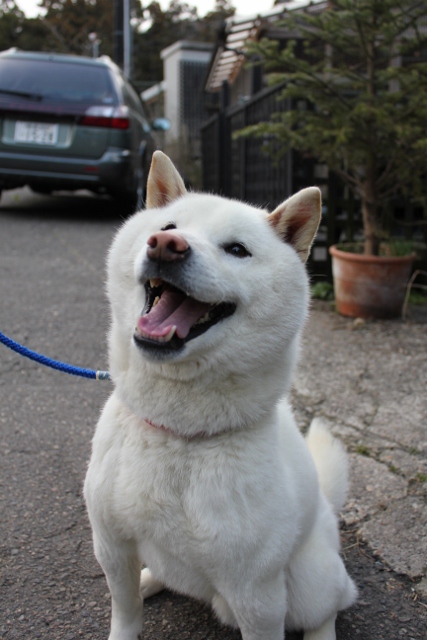The lost pets of Fukushima


When people fled Fukushima, their pets were left behind, and few people recognized that their displacement would be indefinite. Volunteers have since rescued hundreds of animals, but shelters are struggling to feed and care for them.
Fortunately, organizations including Animal Friends Niigata and HEART Tokushima have been working in partnership with Japan Earthquake Animal Rescue and Support to save over 700 animals the Great East Japan Earthquake. Another rescue effort is planned for next week.
Volunteers brave arrest and elevated levels of radiation around Fukushima, donning protective gear and carry Geiger counters. They must limit the time spent on rescue missions and dodge security to enter "no-go" exclusion zones.
"There are still many, maybe thousands of animals in need of rescue in the area and it is becoming more urgent to get them out before complete and expanding access is denied. The Fukushima problem is not something we will see disappear overnight, but will continue for years to come. It is imperative that we get the animals out of the area as soon as we can," said HEART founder Susan Mercer.
HEART operates shelters in Tokushima and Niigata - both cities a healthy distance from Fukushima. Rescue efforts are ongoing, but over 300 animals remain in its shelters. HEART's immediate concern is to focus is on stabilizing the lives of the animals through regular medical care, housing, feeding and, "TLC," Mercer said.
The most common health problems encountered in rescued animals are emaciation, dehydration, and heartworm, Mercer noted. "We haven't seen any cases of sickness that could be proven to be due to radiation poisoning and all of our animals have been through protocol."
"Volunteers and resources have decreased as news of the Tohoku crisis has naturally waned but we are dedicated to quality care for our current as well as future rescues," Mercer said.
HEART bears the expense of non-related medical issues such as spaying/neutering, vaccinations, and implanting microchips for identification purposes. It is actively seeking owners whenever possible, but there is no foreseeable date when disaster victims would be able to return to their homes, said HEARTS' Isabella Gallaon-Aoki.
However, there has been some serenity amid the loss and abandonment. A dog named Benji was rescued in April of 2011 in Fukushima, and was reunited with his family via the Internet six months later. Another pet rescued by Japanese pro snowboarder Kazu is still available for adoption.
[Donations can be made to HEART's PayPal account via its website at: www.heart-tokushima.com]
Related on SmartPlanet:
- What the NRC really knew about Fukushima
- Nuclear meltdowns nearly made northern Japan uninhabitable
- Do we need to worry about radiation in our milk?
- Elevated radiation levels widespread in eastern Japan
- Test show Japanese child exposed to radiation
- Rice crops threatened by radiation
- Fukushima ocean radiation could pose sleeper threat
- Geodog collar helps you find your stray pup
This post was originally published on Smartplanet.com